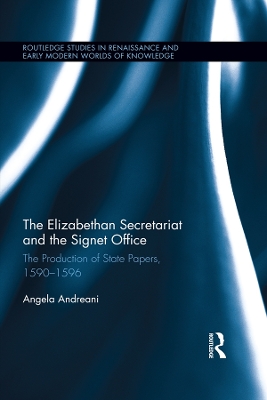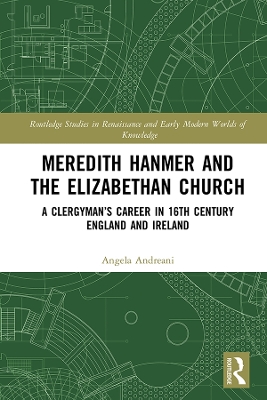Routledge Studies in Renaissance and Early Modern Worlds of Knowledge
2 total works
This is the first book-length study of the fascinating life of the clergyman and scholar of Welsh descent Meredith Hanmer (c.1545–1604). Hanmer became involved in the key scholarly controversies of his day, from the place of the Elizabethan Church in Christian history to the role of the 1581 Jesuit mission to England led by Edmund Campion and Robert Persons. As an army preacher in Ireland during the Nine Years War, Hanmer campaigned with the most acclaimed soldiers of his day. He nurtured connections with prominent intellectuals of his time and with the key figures of colonial government. His own career as a clergyman was colourful, involving bitter disputes with his parishioners and recurring aspersions on his character. Surprisingly, no study to date has centred on this intriguing character. The surviving evidence for Hanmer’s life and activities is unusually rich, comprising his published writings and a large body of under-exploited manuscript material. Drawing extensively on archival evidence scattered across a wide number of repositories, Dr. Andreani’s book contextualises Hanmer’s clerical activities and wide-ranging scholarship, elucidates his previously little understood career, and thus enriches our understanding of life, politics, and scholarship in the Elizabethan church.

